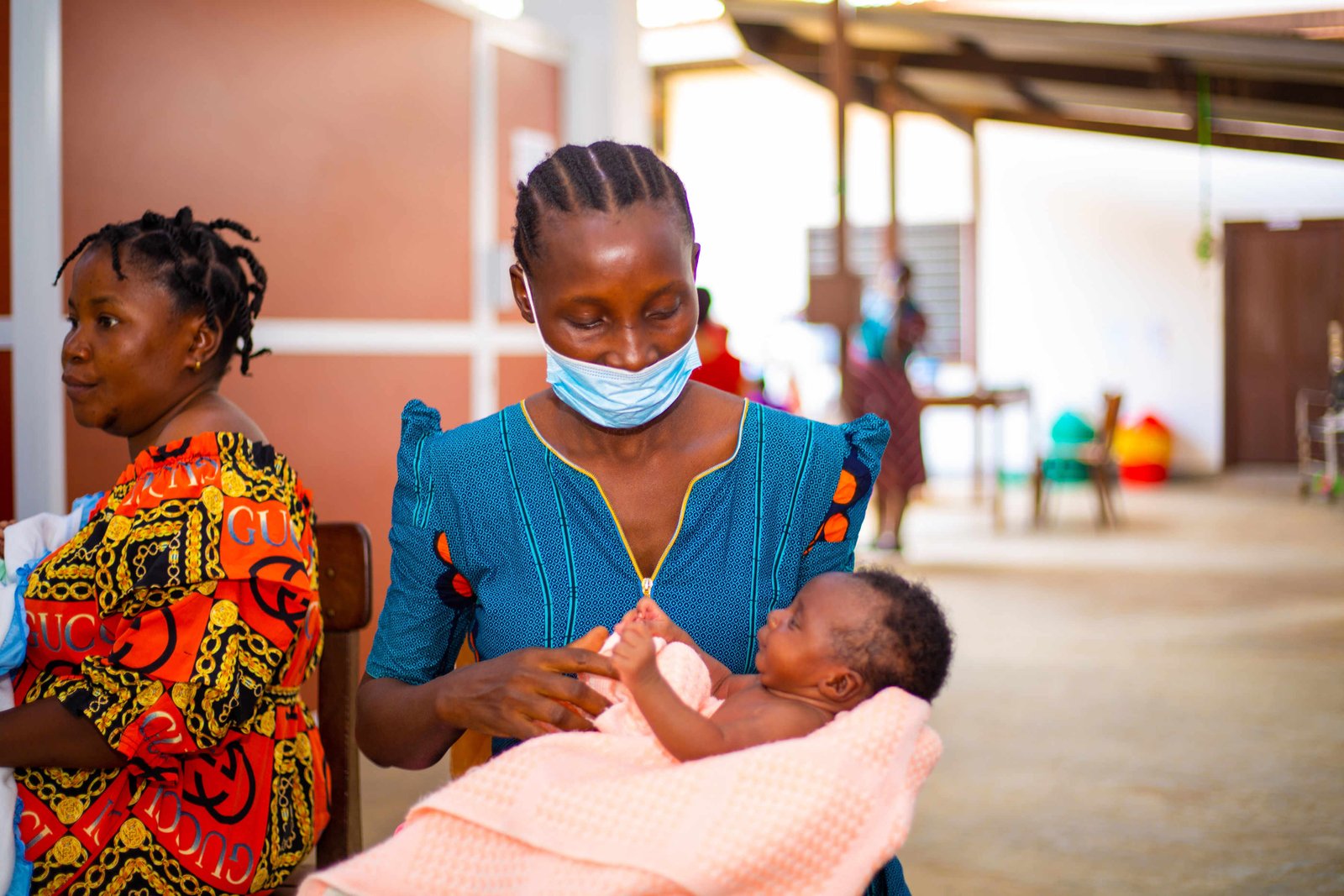<>
The Policy Unit is responsible for advocating a conducive environment for the
provision of health services, and to promote effective engagement of Church health
facilities in health service delivery. Main interventions areas include:
-
Advocating for the development of- and adherence to appropriate National and
Church policies and legal frameworks;
- Supporting the government to develop and review national (government)
standards, guidelines, strategies and plans;
- Advocating for public private partnerships between the government and Church
facilities;
- Promoting public private health partnerships at district and regional levels
(through district and regional PPP forums);
- Representing Church positions, interests and needs in dialogue with relevant
government ministries / offices.
During the past 25 years, a number of prominent achievements could be noted:
-
CSSC actively participated in the development of the national Public Private
Partnership (PPP) Policy and the Health PPP Guidelines, providing a
conducive
framework for PPP.
- CSSC supported the Government to develop/review the Primary Health Care
Development
Plan, and standards for the provision of health care services in Church
owned
health
facilities. Were we actively involved in other key policy documents of the
government? If so, include them here.
-
CSSC helped broker and develop Service Agreement (SA) contracts that enable
Church
facilities to access Government resources – in terms of finances, materials
and
personnel. Three types of SAs were developed:
- for Church hospitals
elected
as
council designated hospitals (CDH)
- for hospitals/lower-level health
facilities
selected to provide specific health services, supplementing those of
public
health
facilities (Service Level Agreement or SLA); and
- for hospitals elected
to
provide regional hospital referral (specialised) services (RHRL). By
the end
of
2016, 85 out of 103 Church hospitals had SAs with their respective
district/
regional authority.
- In 2016/17, CSSC played a pivotal role in reviewing and improving the SA
contract
templates. The revised CDH and SLA contracts were officially released in
July 2017,
and all Church health facilities were required to re-negotiate and sign
these new
SAs as pre-condition for continued Government support. With active backing
from
CSSC, 63 out of 91 Church hospitals have managed to re-negotiate new SAs by
the end
of June 2018.
- Despite regular prompting by CSSC, the new RHRL templates have not yet been
officially released by the Government. We will continue to put pressure on
the
Government to release this template, so that the 10 Church regional offices
can also
access support for regional referral services.
- CSSC supported the establishment of PPP health forums in more than 20
district
councils. Is the number correct? What about regional health forums? Forum
meetings
were facilitated to discuss issues related to PPP, including progress and
challenges
in implementation of service agreements.
The Department represented church interests and successfully advocated for the need
to develop RHRL SA contracts, to review the CDH and SLA SA contracts, and to develop
a Health Financing Strategy.
For 2018, the following main results areas have been prioritised for the Policy
Unit:
- Negotiating & signing of revised SAs at council level (CDH & SLA);
Negotiating & signing of SAs at regional level (RHRL);
- Negotiating & signing of SAs at zonal level (ZHRL);
- Supporting health facilities to monitor adherence to Service Agreements, as
input to
bilateral consultative meetings with government partners;
-
Facilitating functional PPP forums at district level;
-
Supporting the Ministry of Health to improve functionality of regional PPP
coordination meetings;
-
Promoting PPP at national level;
-
Reviewing and updating the health database (for advocacy and promotion
purposes);
-
Advocating for pro-poor health financing;
-
Advocating for recognition and inclusion of key and vulnerable populations (KVP)
in
health service delivery;
-
Conducting quarterly consultative meetings with PO-RALG and MoHCDEG
The Department is supported by a Health Technical Advisory Committee
(TAC-health),
representing relevant stakeholders (Church, Government and development
partners),
who meet at least twice a year to advise the Department on (emerging) advocacy
issues and best ways to address them.
The Department has also forged close relationships with other partners for joint
advocacy, e.g. the Association of Private Hospitals in Tanzania (APHTA) and SIKIKA.




